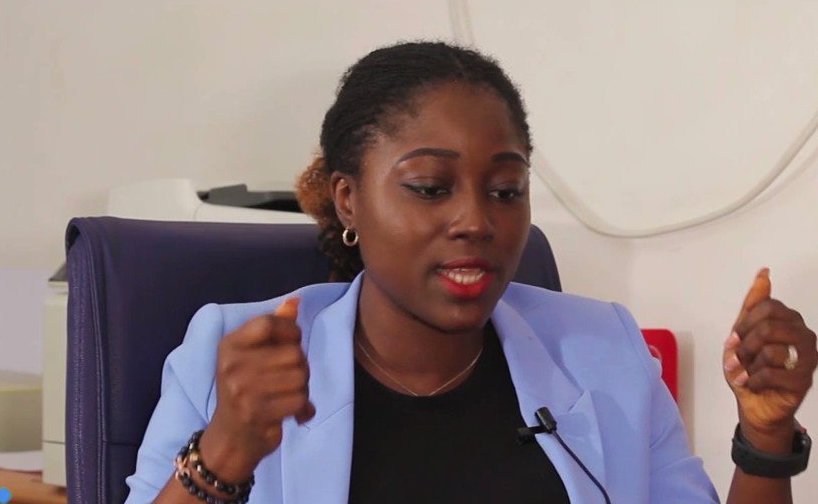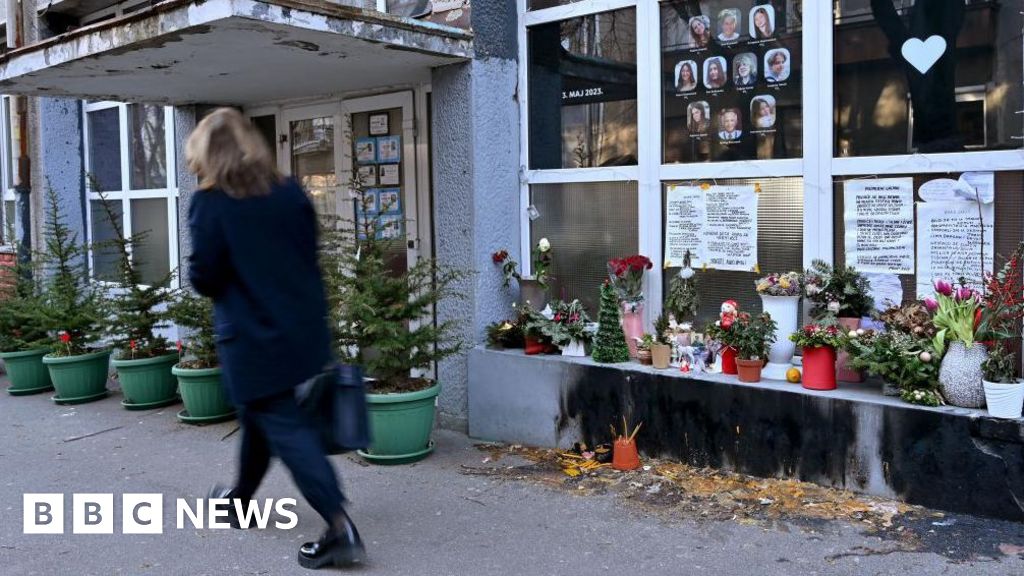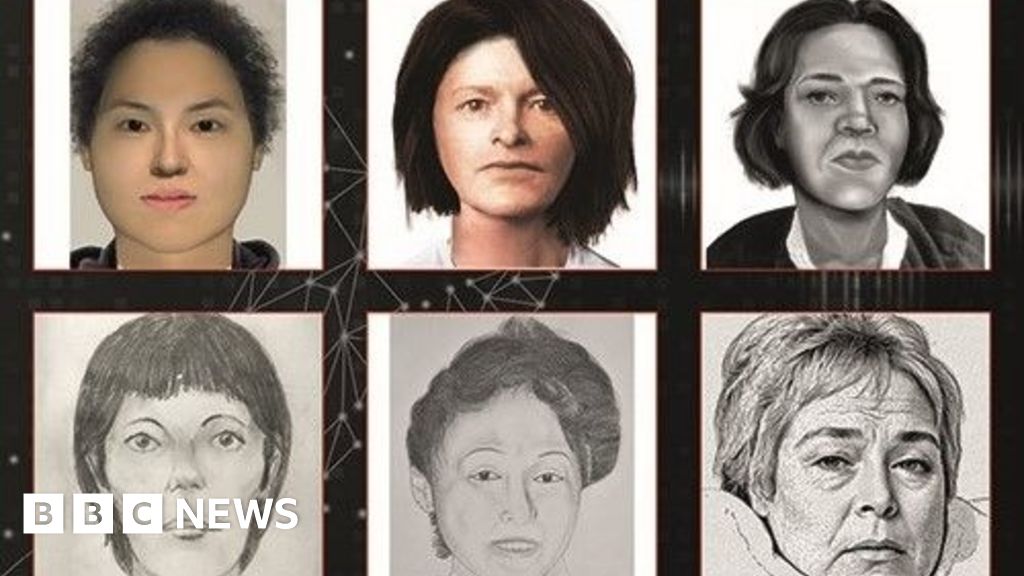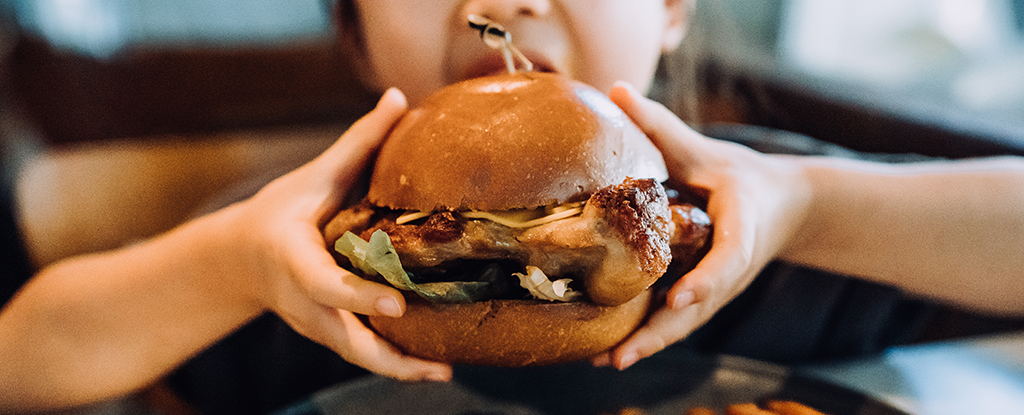For many African nations, gaining independence from colonial powers was a time to redefine their identity and take charge of their future.
Place your adverts here on InfoDig @ low rates; banner ads, sponsored links and guest articles etc. Contact us
These nations chose to stick with the colonial currencies for various reasons.
While some countries made bold decisions to change their names, flags, or national symbols to reflect their newfound freedom, others held onto certain elements from their colonial past, including their currency.
1. Côte d'Ivoire (Ivory Coast) – CFA Franc
Côte d'Ivoire gained independence from France in 1960 but chose to keep the CFA Franc as its currency. The CFA Franc, which stands for "Communauté Financière Africaine" (African Financial Community), is a currency used by several former French colonies in West and Central Africa. For Côte d'Ivoire, keeping the CFA Franc provided a sense of economic stability and helped maintain trade relationships with France and other French-speaking African nations. Many have debated whether the currency limits economic growth and independence, but it remains in use today.
2. Senegal – CFA Franc
Much like Côte d'Ivoire, Senegal also gained independence from France in 1960 and continued using the CFA Franc. This decision was largely based on the desire for economic security, as the currency was already well-established in the region. The CFA Franc is tied to the Euro, which gives countries like Senegal a stable exchange rate and a sense of security in international trade.
3. Morocco – Moroccan Dirham
Morocco was a French and Spanish protectorate before gaining its independence in 1956. Rather than adopting a new currency, the country retained the Moroccan Dirham, which had been introduced during colonial times. The Dirham has become a symbol of national identity and stability over the years, as it has allowed Morocco to maintain control over its economy while preserving a familiar financial structure.
4. Gabon – CFA Franc
Gabon, like other former French colonies, kept the CFA Franc after gaining independence in 1960. The currency provides a stable financial system across many Central and West African countries, helping Gabon maintain trade relationships with other CFA-using nations. Despite the currency's colonial origins, Gabon has continued to use it due to its stability and ease of use in the international market.
5. Niger – CFA Franc
Niger also kept the CFA Franc after gaining independence from France in 1960. Like its neighbouring countries in West Africa, Niger relied on the CFA Franc for economic stability and ease of regional trade. The shared currency helps facilitate economic cooperation between former French colonies, though some argue it limits full financial autonomy.
This content was created with the help of an AI model and verified by the writer.
JOIN OUR PULSE COMMUNITY!
Our newsletter gives you access to a curated selection of the most important stories daily.
Welcome to the Pulse Community! We will now be sending you a daily newsletter on news, entertainment and more. Also join us across all of our other channels - we love to be connected!
Unblock notifications in browser settings.















 English (US) ·
English (US) ·